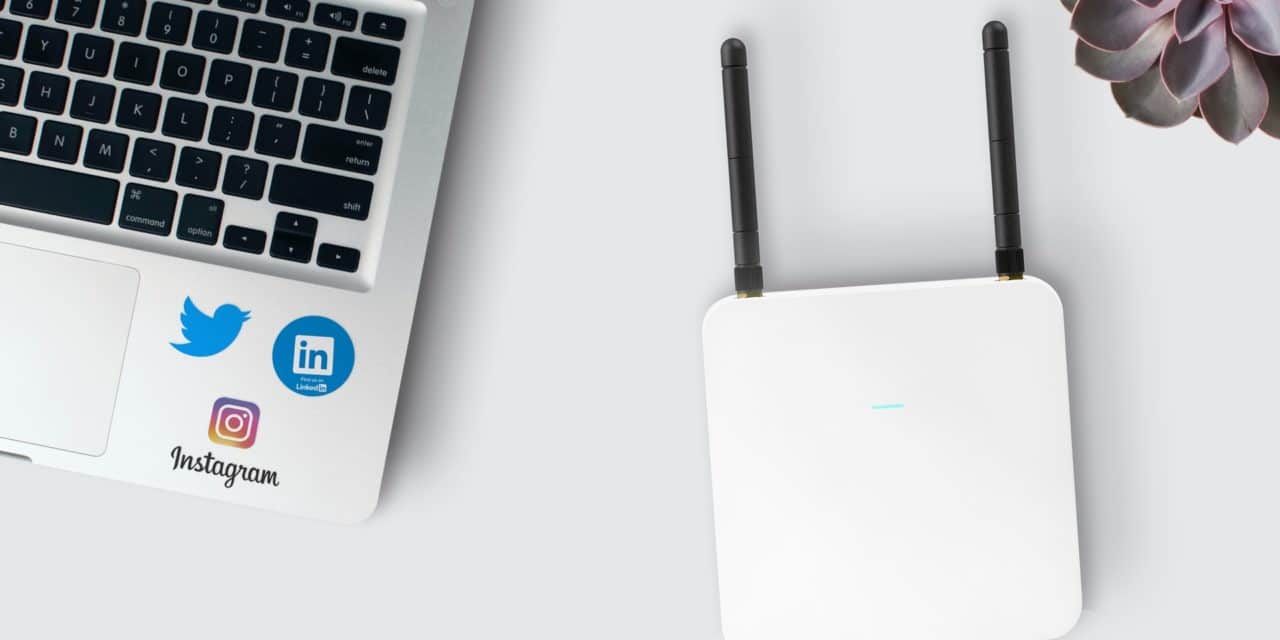[ad_1]
A wire map tester is a device that transmits signals through each wire in a copper twisted-pair cable to determine if it is connected to the correct pin at the other end.
Wire mapping is the most basic test for twisted-pair cables because the eight separate wire connections involved in each cable run are a common source of installation errors.
These testers detect transposed wires, opens (broken or unconnected wires), and shorts (wires or pins improperly connected to each other) – all problems that can render a cable run inoperable.
Wire map testing is nearly always included in multifunction cable testers, but in some cases it may not be worth the expense to spend thousands of dollars on a comprehensive device. Dedicated testers are relative inexpensive (from $200 to $300) and enable you to test your installation for the most common faults that occur during installations and afterward.
If you are installing voice-grade cable, for example, a simple wire mapping test may be all that's needed. There are also slightly more expensive (under $500) devices that do wire map testing in addition to other basic functions, such as TDR length testing.
This type of tester consists of a remote unit that you attach to the far end of a connection and the battery-operated, handheld main unit that displays the results. Typically, the tester displays various codes to describe the type of faults that it finds. In some cases, you can purchase a tester with multiple remote units that are numbered so that one person can test several connections without constantly traveling back and forth from one of the connections to the other to move the remote unit.
The one wiring fault that is not detectable by a dedicated tester is split pairs, because even though the pinouts are incorrect, the cable is still wired straight through. To detect split pairs, you must use a device that tests the cable for the near-end crosstalk that split pairs cause.
Every cable run must receive a minimum level of testing. You can purchase $5,000 cable testers that will provide you with many statistics on performance, but the most important test is simply determining that the paris are connected properly.
The $5,000 testers provide you with much more performance data than the simple cable testers and will also certify that each cable run will operate at a specific performance level. Some customers will insist on viewing results on the $5,000 cable tester, but the minimum tests you should run will determine continuity and ascertain that the wire map is correct. You can perform a couple of levels of testing. The cable testers that you can use include the following:
1. Tone generators and amplifier probes.
2. Continuity testers
3. Wire-map testers
4. Cable-certification testers

